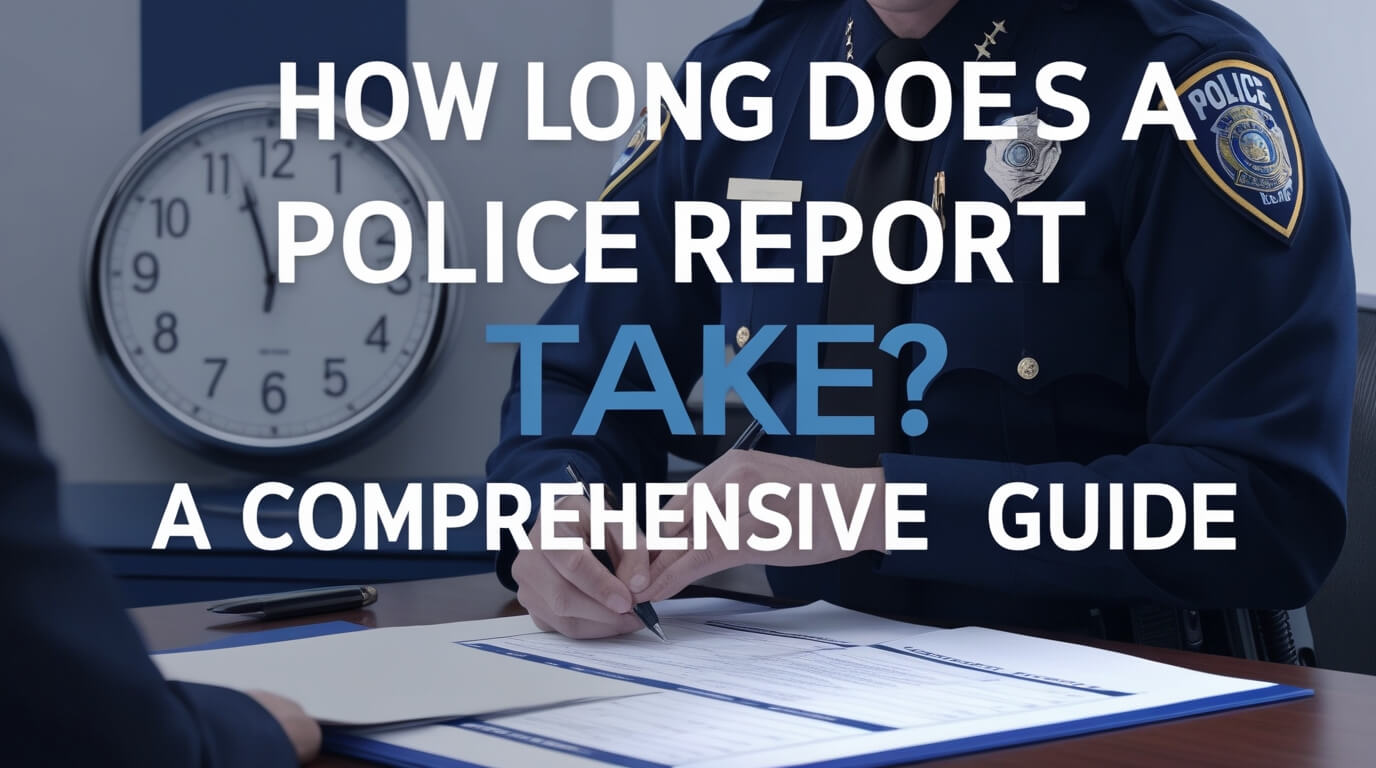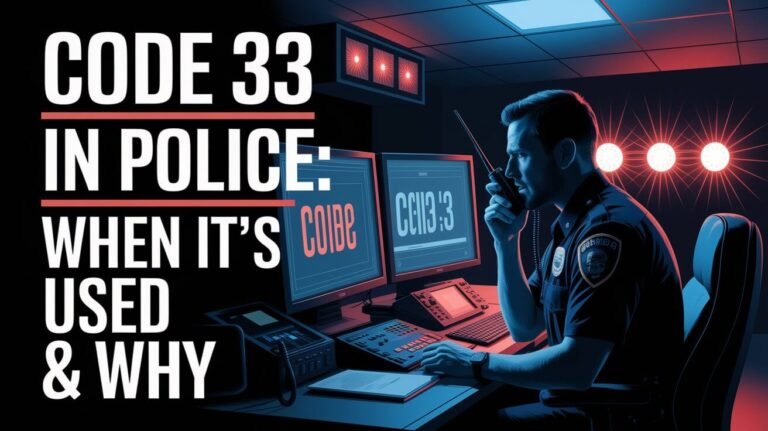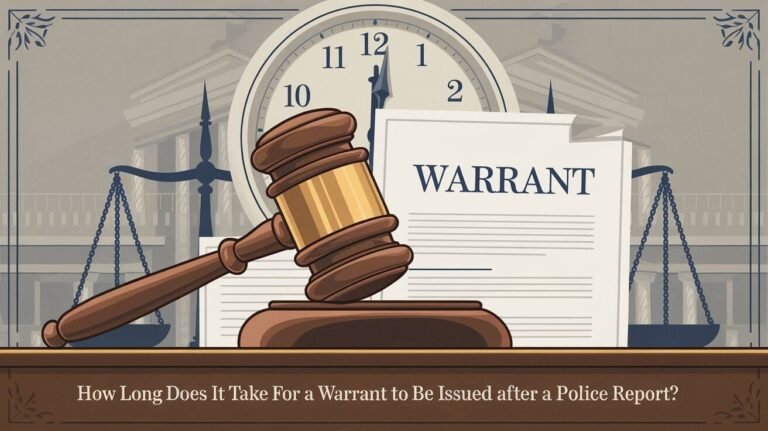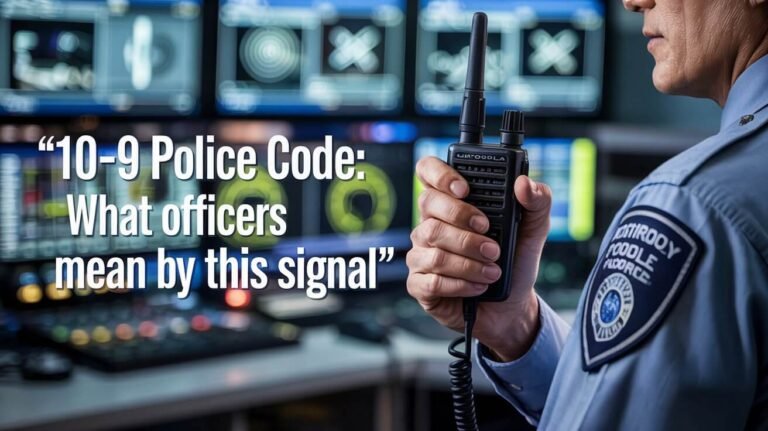How Long Does a Police Report Take? A Comprehensive Guide

After an incident, many people wonder: how long does a police report take? The answer varies, but typically ranges from a few days to several weeks. This guide will explore the factors affecting report timelines, how to obtain reports, and what to do while waiting.
The Basics of Police Reports
What is a Police Report?
A police report is an official document created by law enforcement officers after responding to an incident. It records essential details about what happened, who was involved, and any evidence collected at the scene.
Why Are Police Reports Important?
Police reports serve several crucial purposes:
- They provide an official record of incidents
- Help with insurance claims
- Support legal proceedings
- Assist in crime prevention efforts
Types of Incidents Requiring Police Reports
Various situations call for police reports:
- Traffic accidents
- Thefts
- Assaults
- Property damage
- Missing persons
- Domestic disputes
Factors Affecting Police Report Timelines
The time it takes to get a police report depends on several factors:
Severity of the Incident
More serious incidents, like violent crimes or fatal accidents, often require longer investigation times. This can extend the report timeline.
Jurisdiction and Agency Procedures
Each law enforcement agency has its own procedures for handling reports. Some may be faster than others due to staffing, technology, or local policies.
Workload of Law Enforcement
During busy periods, like holidays or major events, report processing might take longer due to increased demand on police resources.
Complexity of the Case
Cases with multiple witnesses, extensive evidence, or ongoing investigations typically need more time for thorough documentation.
Typical Timeframes for Police Reports
While timelines vary, here are some general expectations:
Immediate Reports (On-Scene)
For minor incidents, officers might provide a basic report or case number right away.
Short-Term Reports (1-3 Days)
Simple cases, like fender benders or petty theft, often have reports ready within a few days.
Standard Reports (3-5 Business Days)
Most routine incidents fall into this category. The officer completes the report, which then goes through review and filing.
Extended Reports (1-4 Weeks)
Complex cases or those requiring further investigation may take several weeks to finalize.
The Police Report Process
Understanding the steps involved can help explain why reports take time:
Initial Response and Information Gathering
Officers collect details at the scene, including statements and evidence.
Report Writing and Review
The responding officer writes up the report, which then undergoes review by supervisors.
Approval and Filing
Once approved, the report is entered into the department’s system and filed.
Making the Report Available
The report becomes accessible to involved parties after processing and any necessary redactions.
How to Obtain a Police Report
Several methods exist for getting your hands on a police report:
In-Person Requests
Visit the police station where the report was filed. Bring ID and any case number you received.
Online Requests
Many departments now offer online portals for requesting reports. This can be faster and more convenient.
Mail or Phone Requests
Some agencies accept mail-in or phone requests, though these methods may be slower.
Through an Attorney
If you’ve hired a lawyer, they can often obtain the report on your behalf.
Expediting Police Reports
Need your report faster? Try these tips:
When You Need a Report Quickly
Explain your urgency to the department. Some may offer expedited processing for a fee.
Tips for Faster Report Processing
- Provide all necessary information upfront
- Follow up politely but persistently
- Be prepared with your case number and ID
Working with Law Enforcement
Building a good relationship with the officers handling your case can sometimes help speed things up.
Common Delays in Police Report Processing
Several factors can slow down report availability:
High-Volume Periods
During busy times, like after major storms or citywide events, report processing may lag.
Ongoing Investigations
If your incident is part of a larger investigation, the report might be held back until it’s complete.
Waiting on Additional Information
Sometimes reports are delayed waiting for lab results, witness statements, or other crucial data.
Administrative Backlogs
Staffing shortages or technical issues can create backlogs in report processing.
Police Reports for Different Incidents
Report timelines can vary based on the type of incident:
Traffic Accident Reports
Usually available within 3-5 business days, unless there are serious injuries or fatalities.
Criminal Incident Reports
May take longer due to ongoing investigations, typically 1-2 weeks or more.
Property Crime Reports
Often processed within a week, unless part of a larger pattern of crimes.
Domestic Dispute Reports
Can vary widely, from a few days to several weeks, depending on complexity and follow-up needed.
Legal Considerations and Timelines
Keep these legal factors in mind when waiting for a police report:
Statute of Limitations
Don’t let waiting for a report cause you to miss important legal deadlines.
Insurance Claim Requirements
Check with your insurance company about their timeline requirements for claims.
Civil Lawsuit Deadlines
If you’re considering legal action, be aware of filing deadlines that may apply to your case.
The Importance of Timely Reporting
Quick reporting and follow-up are crucial:
Preserving Evidence
The sooner an incident is reported, the better chance of preserving vital evidence.
Witness Recollection
Fresh memories provide more accurate accounts. Don’t delay in giving your statement.
Legal and Insurance Implications
Prompt reporting can protect your rights and support insurance claims.
What to Do While Waiting for a Police Report
Make good use of your waiting time:
Gathering Personal Documentation
Collect any relevant documents, photos, or videos related to the incident.
Communicating with Insurance Companies
Keep your insurer updated on the status of your police report.
Seeking Medical Attention if Needed
Don’t put off medical care while waiting for a report. Your health comes first.
Consulting with Legal Professionals
If your case might have legal implications, consider talking to a lawyer early on.
Understanding Police Report Content
Knowing what’s in a report can help you use it effectively:
Key Elements of a Police Report
Typical reports include:
- Date, time, and location of the incident
- Names and contact info for involved parties
- Witness statements
- Officer observations
- Any citations issued
How to Read a Police Report
Look for the narrative section, which provides the officer’s account of what happened.
Addressing Errors or Omissions
If you spot mistakes in the report, contact the department about correction procedures.
Conclusion: Navigating the Police Report Timeline
While waiting for a police report can feel frustrating, understanding the process helps. Remember, most reports are available within a few days to a few weeks. Stay proactive, follow up regularly, and use your waiting time wisely to gather information and take care of related tasks.
By knowing what to expect and how to navigate the system, you can make the most of the police report process, whether it’s for an insurance claim, legal matter, or personal records. Stay patient, persistent, and prepared, and you’ll have your report in hand before you know it.






